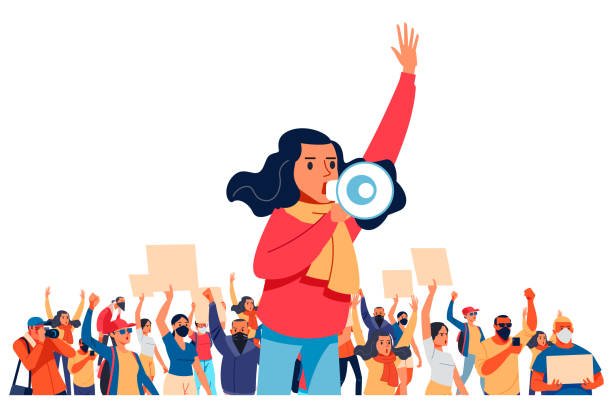Indicate any FOUR roles that social media could play in a democratic society
Skip to content
Skip to sidebar
Skip to footer
Indicate any FOUR roles that social media could play in a democratic society
Indicate any FOUR roles that social media could play in a democratic society


